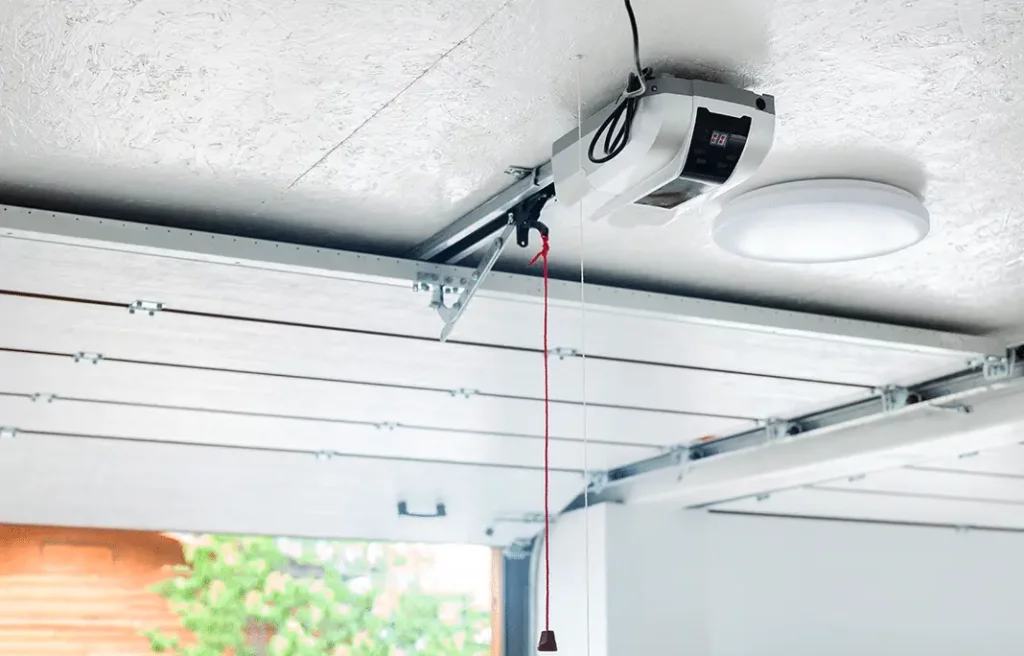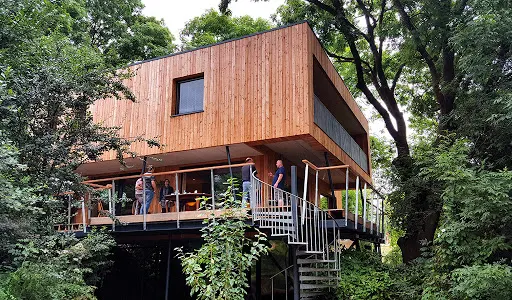Discover the profound benefits of relapse recovery programs and weekend retreats for sobriety, where individuals can nurture their body and mind in a supportive and holistic environment.
These retreats offer a unique opportunity for personal growth, healing, and self-reflection. Engage in mindfulness practices, yoga, meditation, and group therapy sessions, all designed to promote self-awareness and emotional well-being.
With nutritious meals, outdoor activities, and relaxation opportunities, these retreats provide the perfect setting for individuals seeking ongoing support or embarking on their recovery journey. Experience the transformative power of self-care in a serene and supportive environment.
Key Takeaways
- Weekend retreats provide a unique opportunity for healing, growth, and self-reflection in sobriety.
- Retreats offer a safe and supportive environment free from judgment or temptation.
- Holistic approaches to self-care at retreats include meditation, yoga, nutritional support, nature immersion, and expressive arts therapy.
- Engaging in mindfulness practices during retreats promotes self-compassion, conscious choices, and a sense of belonging and support.
The Importance of Weekend Retreats for Sobriety
The importance of weekend retreats for sobriety cannot be overstated. These retreats offer a unique opportunity for individuals in recovery to immerse themselves in an environment that promotes healing, growth, and self-reflection.
Away from the distractions and temptations of everyday life, retreat participants are able to focus solely on their recovery journey. The structured schedule of activities, which often includes therapy sessions, group discussions, and physical activities, helps individuals develop coping mechanisms and build a strong support network.
Moreover, the sense of belonging that retreats provide can be incredibly powerful. Connecting with others who have similar experiences and challenges can create a sense of camaraderie and understanding that is essential for long-term sobriety.
weekend getaways offer a safe and nurturing space for individuals to recharge, gain new insights, and strengthen their commitment to a sober lifestyle.
Creating a Safe and Supportive Environment
A key aspect of weekend respites for sobriety is the creation of a safe and supportive environment. When individuals decide to embark on a journey of sobriety, it is crucial that they are surrounded by people who understand and support their goals. These retreats provide a space where individuals can feel accepted and understood, free from judgment or temptation.
Creating a safe and supportive environment involves not only the physical setting but also the emotional and psychological aspects. Retreat organizers ensure that participants feel comfortable, respected, and valued. They foster an atmosphere of encouragement and empathy, where individuals can share their experiences, challenges, and triumphs with like-minded individuals.
This sense of belonging and support is instrumental in helping individuals stay committed to their sobriety goals and build a strong foundation for lasting recovery.
Holistic Approaches to Self-Care at Retreats
At weekend retreats for sobriety, participants engage in a variety of holistic approaches to self-care. These retreats offer a nurturing environment where individuals can focus on healing their body and mind. Through holistic practices, participants are able to address their physical, emotional, and spiritual well-being. Here are five holistic approaches to self-care that are commonly incorporated into these retreats:
- Meditation and mindfulness: Participants learn techniques to calm their mind, reduce stress, and cultivate a sense of inner peace.
- Yoga and movement: Physical activities like yoga and tai chi help participants connect with their bodies, improve flexibility, and release tension.
- Nutritional support: Retreats often provide healthy meals and educate participants on proper nutrition to support their recovery journey.
- Nature immersion: Spending time in nature allows participants to connect with the natural world, fostering a sense of grounding and tranquility.
- Expressive arts therapy: Creative outlets such as painting, writing, or music offer participants a means of self-expression and healing.
These holistic approaches at weekend retreats for sobriety empower individuals to nourish their whole being and find balance in their recovery journey.

Engaging in Mindfulness Practices for Sobriety
Engaging in mindfulness practices plays a crucial role in cultivating sobriety and nurturing one’s body and mind at weekend retreats.
Mindfulness, defined as the practice of being fully present and aware of the present moment, can be a powerful tool in the journey towards sobriety. By bringing attention to our thoughts, emotions, and physical sensations without judgment, mindfulness allows us to develop a deeper understanding of our triggers and cravings. It helps us recognize the patterns that lead to unhealthy behaviors and empowers us to make conscious choices.
Mindfulness also encourages self-compassion and acceptance, creating a safe space for healing and growth. As we engage in mindfulness practices, we develop a stronger connection with ourselves and with others, fostering a sense of belonging and support.
Physical Wellness: Nurturing Your Body on Retreat
Nurturing your body on retreat involves actively prioritizing physical wellness. Taking care of your physical health during a weekend retreat not only enhances your overall well-being but also supports your sobriety journey. Here are five ways to nurture your body on retreat:
- Engage in regular exercise: Participate in activities such as yoga, hiking, or swimming to keep your body active and release endorphins.
- Eat nourishing meals: Choose nutrient-dense foods that fuel your body and provide the necessary vitamins and minerals for optimal health.
- Stay hydrated: Drink plenty of water throughout the day to keep your body hydrated and aid in detoxification.
- Practice relaxation techniques: Incorporate meditation, deep breathing exercises, or gentle stretching to promote relaxation and reduce stress.
- Get enough sleep: Prioritize restful sleep to allow your body to repair and rejuvenate, ensuring you wake up refreshed and ready for the day ahead.
Building Lasting Connections and Support Networks
As you prioritize physical wellness on a weekend retreat for sobriety, it is essential to also focus on building lasting connections and support networks. Sobriety can be a challenging journey, and having a strong support system can make all the difference.
During your retreat, take the time to connect with others who are on a similar path. Share your experiences, listen to theirs, and offer support and encouragement. Building these connections can provide a sense of belonging and understanding, making you feel less alone in your journey towards sobriety.
Surrounding yourself with like-minded individuals who are committed to their own personal growth can inspire and motivate you to stay on track. These lasting connections can continue beyond the retreat, providing ongoing support and accountability as you navigate the challenges of sobriety.
Frequently Asked Questions
What Types of Activities Are Typically Offered at Weekend Retreats for Sobriety?
Weekend retreats for sobriety typically offer a wide range of activities that cater to the needs of individuals seeking to nurture their body and mind.
These activities may include group therapy sessions, meditation and mindfulness practices, yoga and other forms of physical exercise, art therapy, nature walks, and educational workshops on topics related to addiction recovery and self-care.
How Can Weekend Retreats Help Individuals Maintain Their Sobriety Long-Term?
Weekend retreats can be instrumental in helping individuals maintain their sobriety long-term. These retreats provide a supportive and nurturing environment where individuals can focus on their physical, mental, and emotional well-being.
Through various activities such as therapy sessions, mindfulness exercises, and workshops on coping mechanisms, participants learn valuable tools and strategies to navigate the challenges of sobriety.
Additionally, the sense of community and camaraderie fostered during these retreats can serve as a strong support system for individuals in their journey towards long-term sobriety.
Are Weekend Retreats for Sobriety Only for Individuals Who Have Recently Completed a Rehabilitation Program?
No, weekend retreats for sobriety are not only for individuals who have recently completed a rehabilitation program.
These retreats are designed to provide support, guidance, and self-care to anyone seeking to maintain their sobriety long-term.
Whether someone is in the early stages of recovery or has been sober for many years, weekend respites offer a safe and nurturing environment to continue their journey towards a healthy and fulfilling life free from addiction.
Are There Any Specific Qualifications or Requirements for Attending a Weekend Retreat for Sobriety?
There are no specific qualifications or requirements for attending a weekend retreat for sobriety. These retreats are open to anyone who is seeking support and self-care in their journey towards sobriety.
Whether you have recently completed a rehabilitation program or are simply looking for a nurturing environment to focus on your well-being, weekend respites offer a space for individuals to connect, learn, and heal.
The emphasis is on providing a supportive and inclusive environment for all attendees.
How Do Weekend Retreats for Sobriety Differ From Other Types of Retreats or Wellness Programs?
Weekend retreats for sobriety offer a unique experience compared to other types of retreats or wellness programs.
These retreats are specifically designed for individuals seeking sobriety and provide a supportive and nurturing environment for their journey. Unlike general wellness programs, weekend getaways for sobriety focus on addressing addiction issues and offering specialized tools and techniques for recovery.
They often include therapy sessions, support groups, educational workshops, and various holistic activities aimed at nurturing both the body and mind.
Conclusion
In conclusion, weekend retreats for sobriety offer individuals a transformative experience that promotes personal growth, healing, and self-reflection.
By providing a safe and supportive environment, these retreats allow participants to engage in holistic approaches to self-care, such as mindfulness practices and physical wellness activities.
The opportunity to build lasting connections and support networks further enhances the journey towards sobriety.
By dedicating a weekend to self-care in a serene setting, individuals can gain valuable insights, develop coping strategies, and strengthen their commitment to long-term healing and wellness.
You may also like to read:
Creating A Serene Small Home Exterior Retreat For Mental Health




